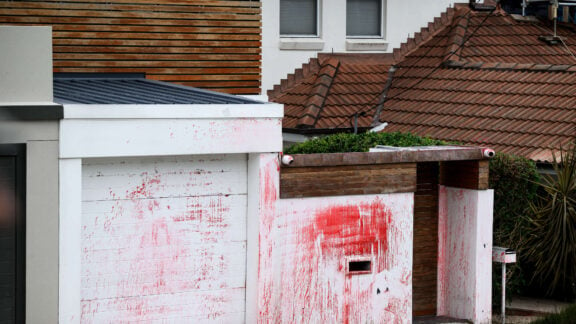Greece’s Minister for Tourism, Vassilis Kikilias announced in an interview with Greece’s OpenTV that a bill concerning the establishment of a Hellenic Tourism Organisation (EOT) office in Melbourne will be tendered to the Hellenic Parliament in the coming days.
It’s being described as a strategic move expected to make significant contributions in attracting more Australian holiday makers to the prospect of a getaway in Greece.
“It’s very important for us to add more markets, more dynamics in the country, so that we have travellers and tourist 12 months a year,” Kikilias said.
Generally regarded as a summer holiday destination, Greece of course has so much more to offer; its northern regions in particular are home to stunning woodland vistas and vast mountain-scapes painted white by winter snows.
“This is the target that we’re aiming for. It’s crucial because you understand it’s on the other side of the world, another continent, another market finally open again after two years of pandemic induced restrictions.”
Kikilias revealed that pre-booking estimates for 2023 indicate Greece will experience a strong stream of tourism.
“And our regional airports have set a record with 31 million passengers. It shows that our strategy for better tourism throughout Greece has succeeded,” added Kikilias.
Fifty-six direct flights per week are expected to arrive in Athens’ Venizelos International Airport from the USA and Canada alone, with even more to be added in the European spring.
Greece’s EOT has rolled out a series of initiatives and campaigns such as the “Greece does have a winter” adverts, in light of its ambition to jump-start interest in the country as a winter destination.
In the same vein Greece’s Prime Minister Kyriakos Mitsotakis made the decision to allocate 20 million euros to airlines to provide for flights during the off-season.
While the EOT office flagged for Melbourne will more than likely direct most of its resources towards promoting and facilitating summer escapes, it might prove to be just what’s needed to get Victorians thinking about a somewhat chillier Hellenic holiday.









